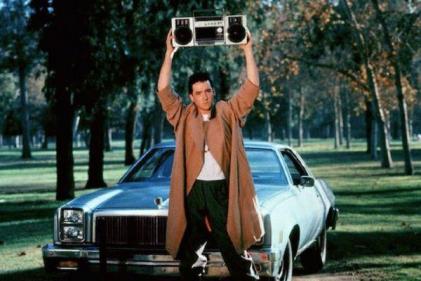Children and adults who have hyper-alert immune systems will have physical reactions to a variety of airborne particles such as pollen and mould. When the irritant is breathed in, the body perceives it as an invader and in turn, releases histamines and other chemicals that result in inflation of the breathing passages, congestion, runny nose, itching in the nose, throat and ears, and watery eyes. This condition is called seasonal allergies or hay fever.
So, how can you tell if your child has seasonal allergies? It can be difficult. The symptoms resemble those of a common cold; runny nose with clear mucus, itchy and watery eyes, itchy ears, congestion, and an irritated throat. Watch for signs that your child feels better when they are inside where air conditioning is used. Air conditioners filter out most of the common allergens. Another indicator is the time of year that the problem occurs. If you notice that your child gets sick each year at the same time, it’s more than likely seasonal allergies.












